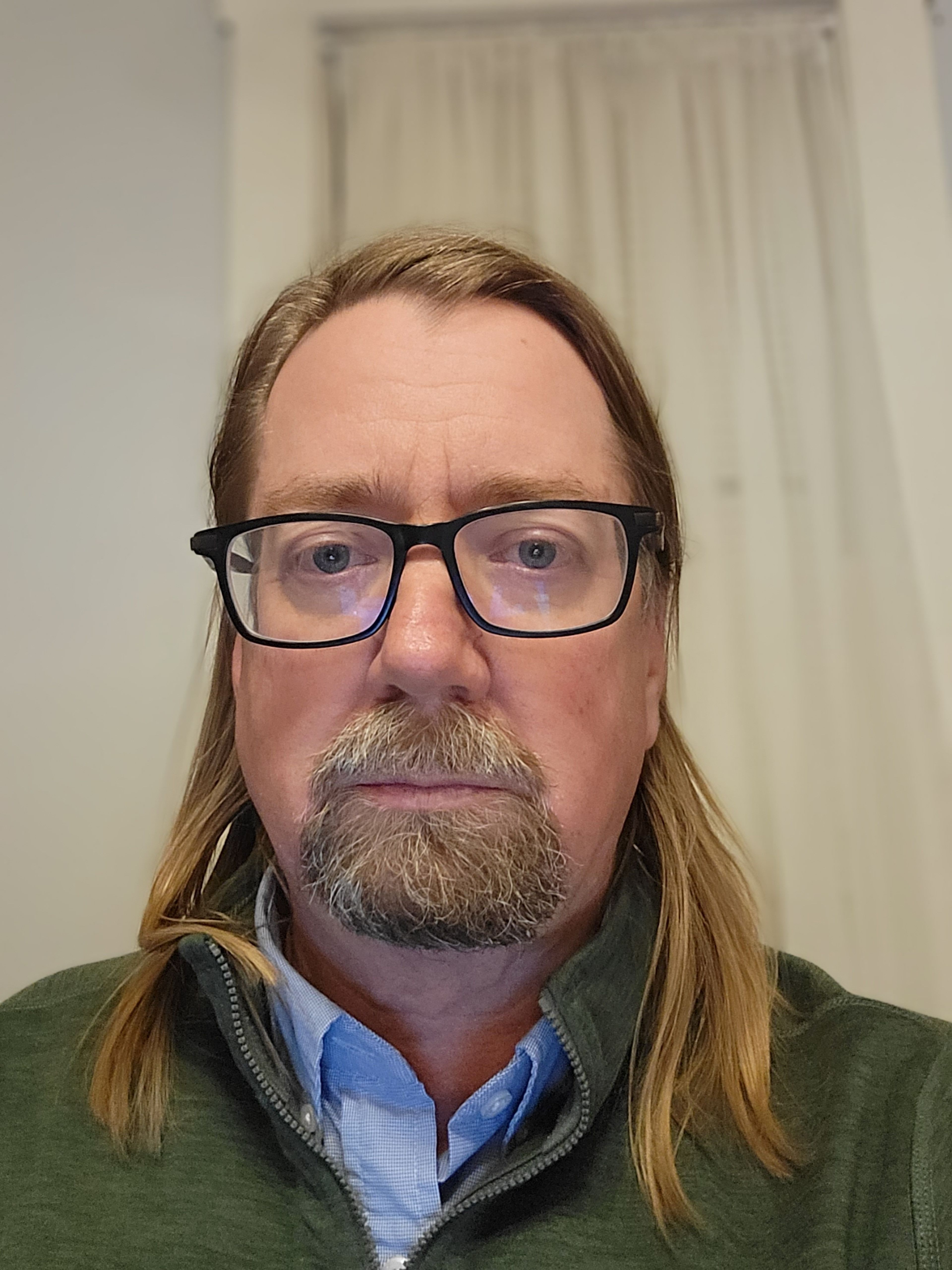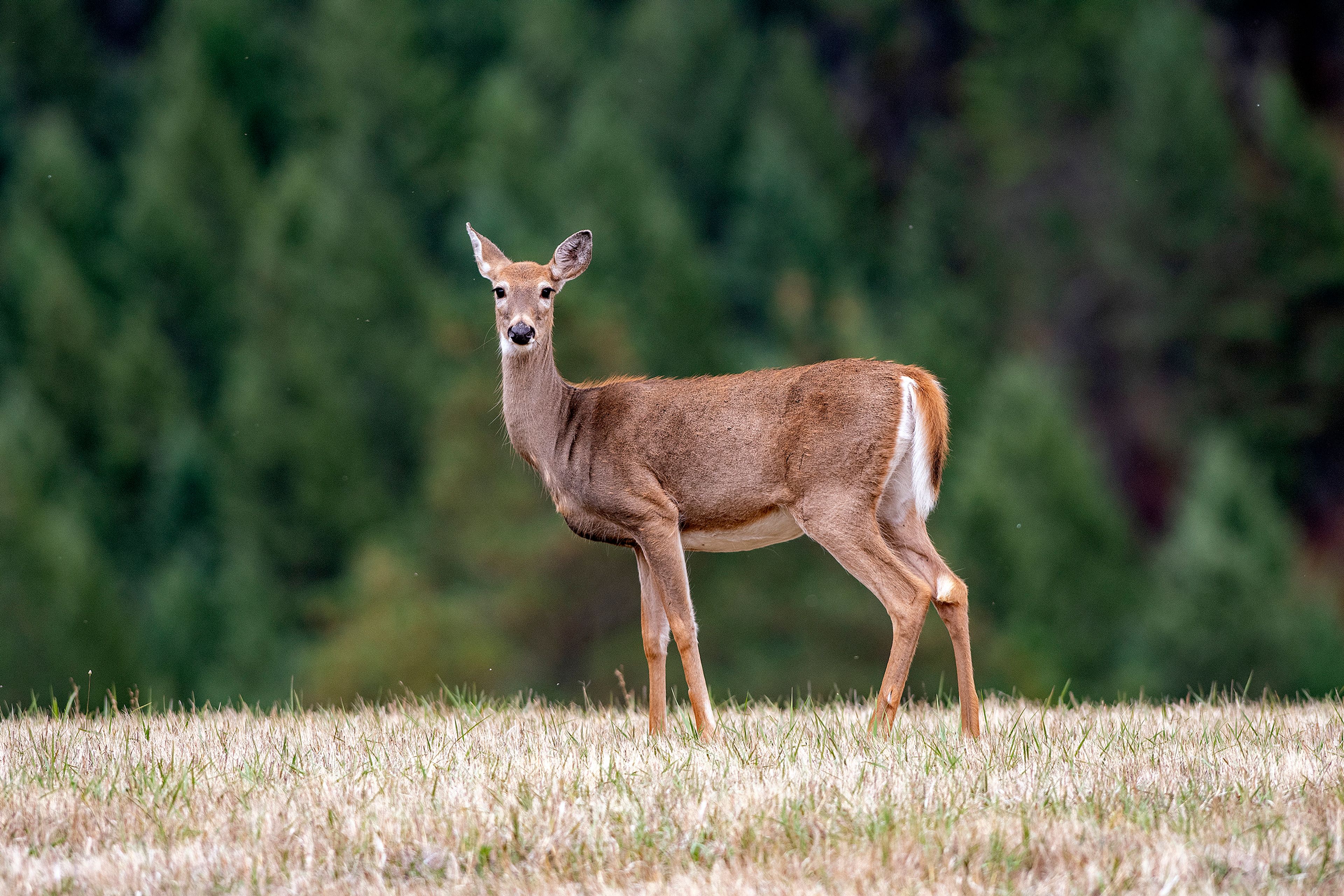‘Type 2 fun’
Paddleboarding the Clearwater is a trip of adventure and healing for Clarkston native
PINK HOUSE HOLE — Allison Roskelley carefully folded a string of miniature Tibetan prayer flags as she and her paddleboard partners packed up their camp here.
“I take them to every camp. Jess taught me about them, so I have been setting them up everywhere,” Roskelley said, referring to her late husband, Jess Roskelley. “Thursday was our wedding anniversary, and when they blow it means whoever is out there is watching over you.”
Roskelley, Ashley Peel and Karen Woodard were about to embark on day three of their top-to-bottom navigation of the Clearwater River and its Middle Fork on stand-up paddleboards Saturday. The three women believe they are the first team to travel the length of the river on SUPs in consecutive days while camping along the way.
The more than 90-mile journey wrapped up later that day, just a mile or so short of the confluence of the Snake and Clearwater rivers when 30-mile upriver winds forced them off the water tantalizingly close to their goal — the mouth of the river that cuts across and defines north central Idaho.
It was a trip of adventure, camaraderie and wonder. But for Roskelley it was also a step forward in living with grief and loss. The 32-year-old, who lives at Spokane and grew up in Clarkston as Allison Spencer, is less than four months removed from losing Jess, a renowned mountain climber who perished with two others when they were swept off a peak in the Canadian Rockies.
The paddleboard trip started on July 25, the couple’s fourth wedding anniversary. It was planned long before the tragic accident, but Roskelley believes her late husband would have wanted her to stay the course.
“I’m 100 percent confident he would be really proud to see I’m persevering and still pursuing those things I love and being true to who I am. My life will never be the same. Jess will never be replaced. But it can be different in a good way if you have the right perspective,” she said. “We had a very strong partnership and strong perspective on life and not wasting time. I just feel responsible to continue to own that life we were living, not only for myself but because he can’t be here to do it.”
The women finished packing their gear, strapping dry bags stuffed with food and equipment onto their inflatable boards, and pushed into the current quickened and cooled considerably by the influence of the North Fork of the Clearwater River and salmon-friendly flows released from nearby Dworshak Dam.
“Look at the current,” said Woodard who like Peel lives at Moscow and works at NRS, a rafting, kayaking and paddleboard equipment company formerly known as Northwest River Supply.
Birds chirped in the pleasantly mild morning air, and the river gurgled as it flowed over rocks rounded by centuries of contact with moving water. Downstream, a bald eagle perched on a tree limb extended over the river, and here and there deer browsed along its banks.
Earlier, while still in camp, the women marvelled at similar scenes while paddling downstream. They watched as their boards passed over trout and saw eagles, osprey and a family of beavers.
“It’s just gorgeous,” Woodard said. “It’s totally different on the water.”
They started at Lowell, where the Selway and Lochsa meet to form the Middle Fork of the Clearwater. On the first day, they traveled past Syringa and Kooskia, where the South Fork Clearwater joins and marks the official start of the main Clearwater. They slept on their boards at Long Camp near Kamiah, some 30 miles from their starting point and a place where the eastward bound Lewis and Clark Expedition spent four weeks waiting for mountain snows to recede two centuries earlier.
On day two, they covered about 35 miles to reach Pink House Recreation Site near Orofino. To get there, they put in long hours, repetitively dipping their paddles into the river and pulling themselves forward to travel faster than the flow.
“There is a rhythm to it,” Peel said. “Like what fly fishermen do. It’s three (paddle strokes) on your right and then three on your left.”
The rhythm was broken often at pinches in the river canyon that create rapids and wide spots where the river thins and spreads, revealing partially submerged rocks that need to be dodged. At the rapids, they crouched with bent knees or assumed the stance of a surfer to better react to the troughs and peaks of the turbulent water.
“There have been a couple of surprise rapids that were a little bigger than we expected or (required) a little more technical moves, but we had no real snafus,” Woodard said.
There were a few minor spills of course. Such incidents presented no real problems; but in shallow stretches, falls presented the threat of banging a knee or elbow or twisting a wrist or ankle on rocks. The women pulled to the side after negotiating rapids and rock gardens for miniature celebrations at what they came to call “Champagne beaches.” There they broke out an insulated canteen spiked with sparkling wine.
“We would cheers each other and have a little drink of Champagne for making it through, and then we would start off again,” Roskelley said.
They become one with their boards during the long hours and attuned to the ever changing moods of the Clearwater.
“The river is so dynamic. We would go from wide stretches to really narrow stretches to stretches where we didn’t see the road, and you just kind of feel like you are in your own world. It changes at every turn,” Roskelley said.
Growing up in Clarkston, Roskelley has a long relationship with the Clearwater. She fished for steelhead on it and for bass and kokanee on Dworshak Reservoir with her grandfather, the late Chuck Adams, of Lewiston. She came up with the idea for the trip a few years ago while driving along U.S. Highway 12 to a relative’s home at Ahsahka for Thanksgiving dinner. She had months earlier finished a four-day, 112-mile trip with two friends down the length of the Spokane River when the river’s beauty sparked the idea.
“I looked out on the Clearwater and said ‘Oh my gosh’ I wonder how long that river is. I wonder if I could paddle it,’ ” she said.
Roskelley is a media ambassador for NRS and shared the idea with Peel, who originally planned to follow Roskelley and shoot pictures from the road. But Peel quickly decided it would be more fun to go along. Woodard also signed on, and the two Moscow residents scouted the river, mapped out prospective camping sites and tested a stretch near Big Eddy.
Family also helped with logistics. Lynn Spencer, Roskelley’s mom, shuttled them to the put-in at Lowell. She and Roskelley’s dad, Dave Spencer, delivered Fazzari’s pizza to the women Friday night. It was a welcome break from the freeze-dried backpacking food they had been subsisting on.
“When you are eating freeze dried, anything is good,” Peel said.
That night they struggled to sleep. It was too hot to bundle up in a sleeping bag, but mosquitoes forced them to seek refuge under the covers.
“It’s not an adventure if you don’t suffer a little,” Roskelley said.
More struggles would follow on the final day of the trip. The increased flow from Dworshak and the North Fork changed the nature of the river. The shallow spots were gone. Now the river was filled with whirlpools and spooky hydraulics that made it more difficult to navigate. As they got closer to Lewiston, the wind began to build. Soon they had to sit on their boards and labor to progress downstream. What they expected to take an hour took them three.
By the time they reached Memorial Bridge they were barely moving, despite laborious paddling.
“We couldn’t control our boards, it was that bad,” Roskelley said. “I had never seen whitecaps and swells like that.”
So they paddled to shore and packed their boards up the rip rap and onto the Clearwater River levee just shy of the confluence. Lynn Spencer picked them up.
But the struggle added to the experience. Roskelley describes it as “type 2 fun,” the kind that isn’t always obvious at the time because of the difficulty. It’s the kind of adventure Jess introduced her to and the kind she is determined to continue to pursue.
“While doing it there is quite a bit of suffering, but when you look back at it, you say, ‘Dude that was awesome. That was fun. I want to do it again,’ ” she said. “Jess came into my life and really introduced me to a whole new level, that human-powered (recreation) and really putting your mind to it and not letting yourself drop when it gets challenging.
“I know my life is supposed to go on and be happy. He would want that. He gave me strength and resilience and introduced me to the love of the backcountry and adventure. I am owning that moving forward. That brings me happiness, and I think that is the only way I can push through this and find whatever chapter two is. I believe there is a chapter two, and he would want that for me.”
Barker may be contacted at ebarker@lmtribune.com or at (208) 848-2273. Follow him on Twitter @ezebarker.


















